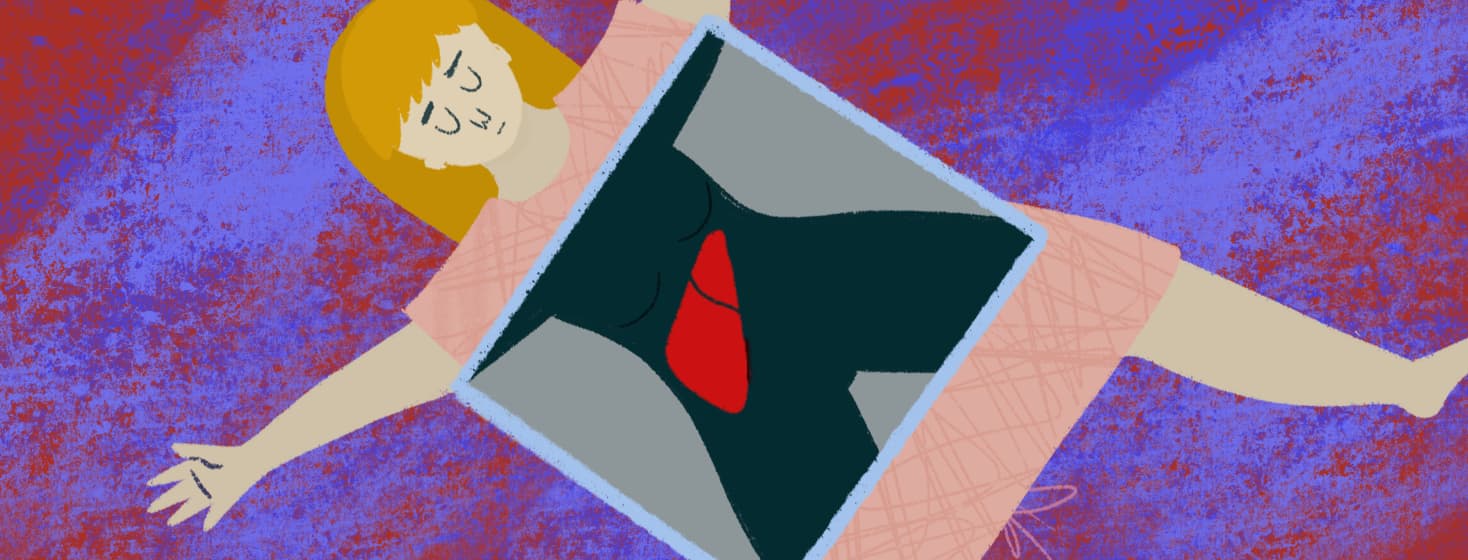Basic Facts About the Liver
Reviewed by: HU Medical Review Board | Last reviewed: February 2022 | Last updated: April 2022
The hepatitis C virus (HCV) infects the liver and causes damage. Over time, this damage can lead to scarring of the liver called cirrhosis.1 Eventually, the liver can stop working. This is called liver failure or end-stage liver disease.
In order to understand some of the complications of HCV, it is helpful to know more about the liver. Several basics about the liver are below.
Where is the liver?
The liver is the largest organ in the body besides the skin. It is on the right side of the body inside the bottom of the rib cage. It is about the size of a football. It is usually hard to feel the liver from the outside of the body. Your doctor can sometimes feel it during a physical exam while you are lying down. It is easier to feel if damage has made it bigger or harder.2
What does the liver do?
The liver has many important jobs. Without a working liver, we would not be able to survive. Some of these jobs include:3,4
A large portion of our blood passes through the liver as the blood travels through the body and back to the heart. This network of blood vessels through the liver is called the portal system. The liver can expand to store blood and also filters waste out of this blood as it passes through.3,4
Liver regeneration
The liver is unique in that if part of it is lost or damaged, it can grow back. This is called regeneration. It is also why a living person can donate part of their liver to someone needing a new liver (liver transplant). The parts of the liver in the donor and the person receiving the liver can grow back to full size.3,5
The liver can repair some damage. Scar tissue that the liver may be able to heal on its own is called fibrosis. When this damage becomes severe, it is called cirrhosis. Cirrhosis is not reversible. A liver that has cirrhosis is at risk of developing liver failure or liver cancer. As many as 15 to 50 percent of those with HCV will develop cirrhosis.1,4,5
Portal hypertension
As mentioned, a large portion of our blood goes through the liver. When damage and cirrhosis occur, it can make it hard for blood to flow through this system normally. A back-up of blood flow can occur. When blood flow is blocked, pressure in blood vessels builds up. Just like we can get high blood pressure in our other blood vessels (called hypertension), we can get it in the liver, too. Because the liver has its own unique blood flow system, this is called portal hypertension.1,4
A back-up of blood flow in the liver can also cause issues with nearby organs. As blood flow is slowed, blood can further back up into the vessels around the stomach, intestines, or esophagus (the tube that carries food from the mouth to the stomach). When these blood vessels get bigger, they are called varices. Varices are at high risk of bleeding. This bleeding can be severe or life-threatening. Bleeding risk is higher when the liver is not functioning well and cannot help with blood clotting.1,4
As blood backs up, it can also cause fluid to shift. High blood pressure in the liver, along with a failing liver that cannot help with water balance, leads to swelling. This swelling is most severe in the belly or the legs.4
Other complications of cirrhosis
In addition to portal hypertension, varices, and ascites, a damaged liver creates other problems in the body. Liver damage can lead to kidney failure (hepatorenal syndrome). In addition, because the liver is not filtering out waste well, toxins can build up. This waste can damage the brain and cause hepatic encephalopathy. Hepatic encephalopathy affects thinking and concentration.1,4
People with cirrhosis are at risk of developing full liver failure, where the liver is not working at all. They are also at risk for liver cancer, infections, and poor nutrition if the liver cannot help with digestion and nutrient balance.4

Join the conversation